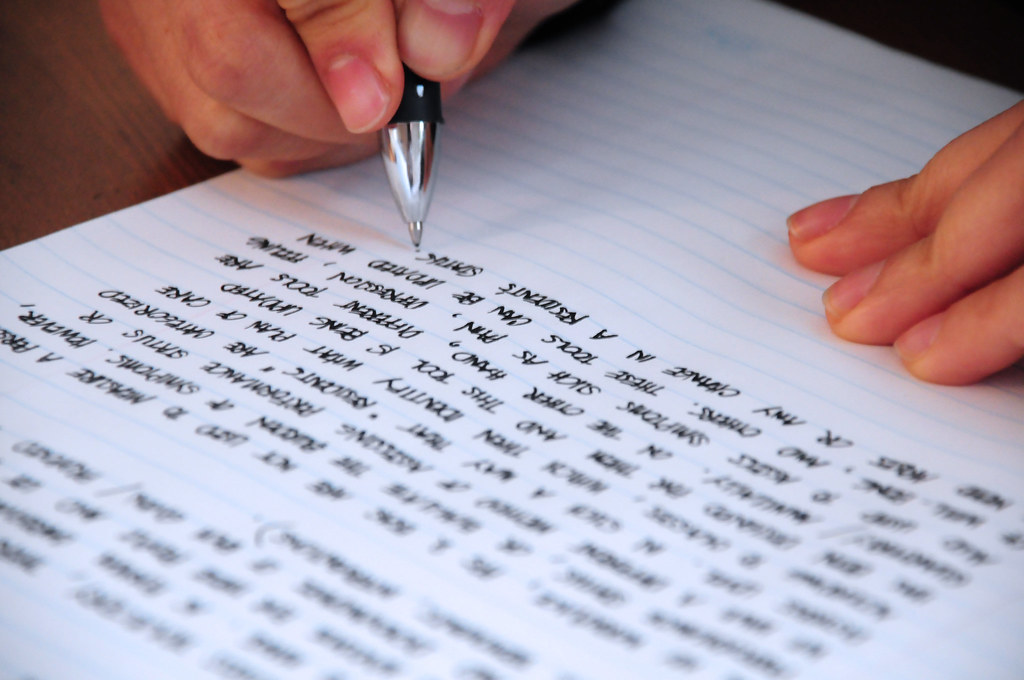Conveyancers are responsible for transferring property ownership from one individual to another. They have several duties, including searching properties, preparing paperwork and keeping clients informed on progress.
A bachelor’s degree in real property or another related field is required, along with experience in the industry. In addition, you must pass the Council for Licensed Conveyancers exam.
Preparation of Documents
Preparation of documents is one of the duties a conveyancer is expected to perform. This can include researching legal requirements, preparing a document in the right format and ensuring it adheres to the legal standard of accuracy.
Staples should be removed before you deliver your documents to clients to make sure they are free from any blemishes. This can be done by thumbing through each page from all four corners. Look out for property conveyancing melbourne.
Preparation of Contract of Sale
A contract of sale is a legal document that sets out the obligations of the buyer and seller involved in a real estate transaction. This document can be prepared by a lawyer, real estate agent, or both depending on the type and value of the property being sold.
Conveyancers will also arrange essential local searches to reveal information about the property’s boundaries, planning permission, neighbour disputes, building work, utility suppliers and other issues. This will help the purchaser negotiate with the seller, ensuring that they get the best deal possible.
Preparation of Leases
Depending on the size and complexity of your property transaction, your conveyancer will handle a wide range of matters. Some of these include conducting searches, carrying out surveys and preparing the documents involved in the sale or purchase.
The best way to ensure your property transaction is a success is to choose a top notch conveyancer. They can help you save time and stress and protect your rights during the entire process. They will also keep you informed on how your matter is progressing and answer any questions you may have.
Preparation for Equity Transfer
Transfers of equity are a common way to add or remove a person from the deeds of property. It could be as simple as adding a new partner to the title of the property, or it might involve removing one party from the property altogether.
Transfers of equity are generally straightforward and don’t take long. They can be more complicated if the owners have mortgages or other legal disputes.
Preparation of Mortgages
If you are buying a property, a conveyancer will prepare mortgage documents and work with the lender to ensure that they are correct. They will also arrange to pay any stamp duty land tax if it is necessary.
Conveyancing can be stressful for people. There are many things to consider. A conveyancer who can help you lift the load will make the process easier.
Preparation of Deeds
A deed is a legal document that transfers the ownership of a piece of property from one party to another. It identifies the grantor (the seller) and the grantee (the buyer).
A conveyancer can help you ensure that your purchase goes smoothly and protect your rights throughout the process.
Preparing deeds requires a thorough review and analysis of the property title, as well as the results of local searches or surveys. It also includes ensuring that your title is free from encumbrances such as mortgages or liens.
Preparation of Transfers of Leases
Conveyancing is not complete without the preparation of lease transfers. These include the preparation of the Contract of Sale and the registration of the transfer.
A lease is a legal agreement that allows for you to use property owned by another person for a specified period of time. It also specifies what you can and cannot do with the property.
Preparation of Equity Transfers
A transfer of equity is the addition or removal of a person to or from the title deeds of a property. This could include creating a coowner, taking a name from the lease, or transferring all ownership to another party.
The process of transferring equity can be quite complex and may involve a conveyancer to deal with the legal formalities, including land registry applications and stamp duty land tax forms.








